Israel frees Hezbollah spy
Israel freed and then deported to Lebanon on Sunday a convicted Hezbollah spy while the Shiite militant group handed over the remains of Israeli soldiers.
Sunday, 01.06.2008.
13:27

Israel freed and then deported to Lebanon on Sunday a convicted Hezbollah spy while the Shiite militant group handed over the remains of Israeli soldiers. This, AFP reported, sparked talk of a wider exchange. Israel frees Hezbollah spy Lebanese-born Nessim Nisr was released after more than six years in prison on charges of collaborating with Hezbollah and then handed over to the International Committee of the Red Cross at the Rosh Hanikra crossing point on Israel's border with Lebanon. Simultaneously Hezbollah handed over to the ICRC on the Lebanese side what it said were the remains of Israeli soldiers killed in the summer 2006 war. A senior Israeli official confirmed that the army had received a coffin but said tests still had to be carried out on the contents to confirm whether the remains were indeed those of Israeli soldiers. "A coffin apparently containing body parts of soldiers killed during the Second Lebanon War has been transferred by Hezbollah to the IDF (Israeli army) as a gesture for the ongoing negotiations on a prisoner exchange," the official said. "The coffin will be examined and the body parts will be examined to determine whether they indeed belong to Israeli soldiers," the official added. Israel and Hezbollah have been involved in indirect negotiations aimed at securing the release of two Israeli soldiers captured in July 2006 in a deadly cross-border raid that sparked the 34-day war that summer. Israeli army radio reported last week that Israel was prepared to release five Lebanese prisoners and return the bodies of 10 Hezbollah fighters in exchange for the two servicemen. In a speech on January 19, Hezbollah chief Hassan Nasrallah said that the militant group had the "heads" and "body parts" of soldiers that he said the Israeli army had abandoned on the battlefield. "We have the heads, the hands, the feet and even a nearly intact cadaver from the head down to the pelvis," he said in his first public appearance in more than a year. "The Israeli army left behind the remains of the bodies of a large number of soldiers," Nasrallah said. As Nisr arrived back in his native land, he said he hoped soon to see the release of all Lebanese prisoners from Israeli jails. "Hopefully, we will soon see the return of all Lebanese detainees to Lebanese soil," he said. "Congratulations to Lebanon and to Sayyed Hassan Nasrallah." Lebanese troops had fanned out across the border town of Naqura, setting up a checkpoint near the main square and inspecting the identity cards of the hundreds of people who had gathered there. Hezbollah fighters were also out in force across the town, wearing black clothes and yellow hats with the phrase "a victory from God" and blocking the main entrance to the town. Nisr arrived at the border in a white, unmarked jeep and was escorted by police to the crossing point before being driven into the no man's land between the two countries. Born in 1968 to a Lebanese Muslim father and an Israeli Jewish mother who converted to Islam, Nisr left Lebanon during the Israeli invasion of 1982 and joined his mother's family in Israel, where he settled near Tel Aviv. He held Israeli citizenship at the time of his arrest in 2002. Nisr's brother Mohammed said Nessim had told him in a phone call a month ago that "his jailers had placed him in solitary confinement in a bid to persuade him to abandon his plans to return to Lebanon with his two daughters, who are Israeli citizens." Israel and Hezbollah have carried out a series of exchanges of prisoners and remains over the years. In the largest, Israel released 400 Palestinians and 31 other people, including 23 Lebanese in exchange for an Israeli reservist and the remains of three other Israeli soldiers in January 2004. Last October, Israel handed over a Hezbollah prisoner and the remains of two militants in return for the body of an Israeli and information on the fate of a missing airman.
Israel frees Hezbollah spy
Lebanese-born Nessim Nisr was released after more than six years in prison on charges of collaborating with Hezbollah and then handed over to the International Committee of the Red Cross at the Rosh Hanikra crossing point on Israel's border with Lebanon.Simultaneously Hezbollah handed over to the ICRC on the Lebanese side what it said were the remains of Israeli soldiers killed in the summer 2006 war.
A senior Israeli official confirmed that the army had received a coffin but said tests still had to be carried out on the contents to confirm whether the remains were indeed those of Israeli soldiers.
"A coffin apparently containing body parts of soldiers killed during the Second Lebanon War has been transferred by Hezbollah to the IDF (Israeli army) as a gesture for the ongoing negotiations on a prisoner exchange," the official said.
"The coffin will be examined and the body parts will be examined to determine whether they indeed belong to Israeli soldiers," the official added.
Israel and Hezbollah have been involved in indirect negotiations aimed at securing the release of two Israeli soldiers captured in July 2006 in a deadly cross-border raid that sparked the 34-day war that summer.
Israeli army radio reported last week that Israel was prepared to release five Lebanese prisoners and return the bodies of 10 Hezbollah fighters in exchange for the two servicemen.
In a speech on January 19, Hezbollah chief Hassan Nasrallah said that the militant group had the "heads" and "body parts" of soldiers that he said the Israeli army had abandoned on the battlefield.
"We have the heads, the hands, the feet and even a nearly intact cadaver from the head down to the pelvis," he said in his first public appearance in more than a year.
"The Israeli army left behind the remains of the bodies of a large number of soldiers," Nasrallah said.
As Nisr arrived back in his native land, he said he hoped soon to see the release of all Lebanese prisoners from Israeli jails.
"Hopefully, we will soon see the return of all Lebanese detainees to Lebanese soil," he said.
"Congratulations to Lebanon and to Sayyed Hassan Nasrallah."
Lebanese troops had fanned out across the border town of Naqura, setting up a checkpoint near the main square and inspecting the identity cards of the hundreds of people who had gathered there.
Hezbollah fighters were also out in force across the town, wearing black clothes and yellow hats with the phrase "a victory from God" and blocking the main entrance to the town.
Nisr arrived at the border in a white, unmarked jeep and was escorted by police to the crossing point before being driven into the no man's land between the two countries.
Born in 1968 to a Lebanese Muslim father and an Israeli Jewish mother who converted to Islam, Nisr left Lebanon during the Israeli invasion of 1982 and joined his mother's family in Israel, where he settled near Tel Aviv.
He held Israeli citizenship at the time of his arrest in 2002.
Nisr's brother Mohammed said Nessim had told him in a phone call a month ago that "his jailers had placed him in solitary confinement in a bid to persuade him to abandon his plans to return to Lebanon with his two daughters, who are Israeli citizens."
Israel and Hezbollah have carried out a series of exchanges of prisoners and remains over the years.
In the largest, Israel released 400 Palestinians and 31 other people, including 23 Lebanese in exchange for an Israeli reservist and the remains of three other Israeli soldiers in January 2004.
Last October, Israel handed over a Hezbollah prisoner and the remains of two militants in return for the body of an Israeli and information on the fate of a missing airman.


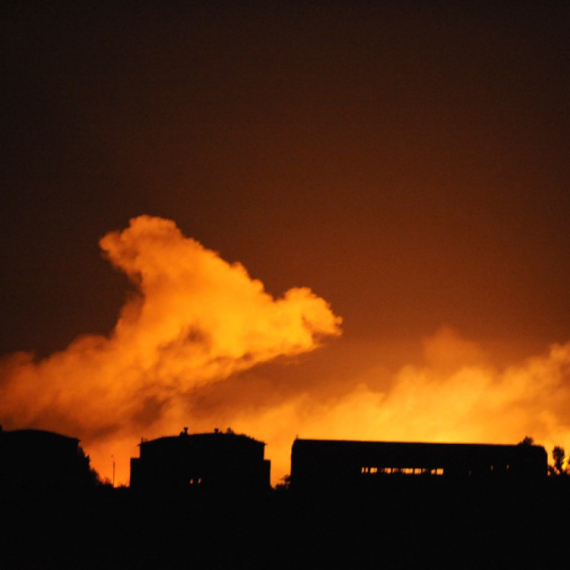
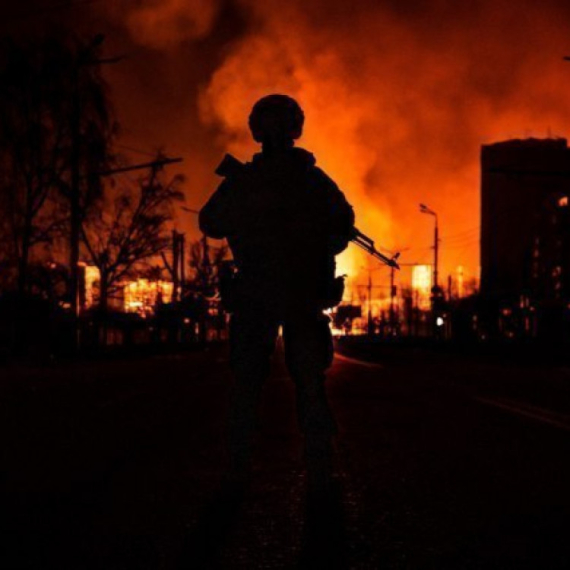
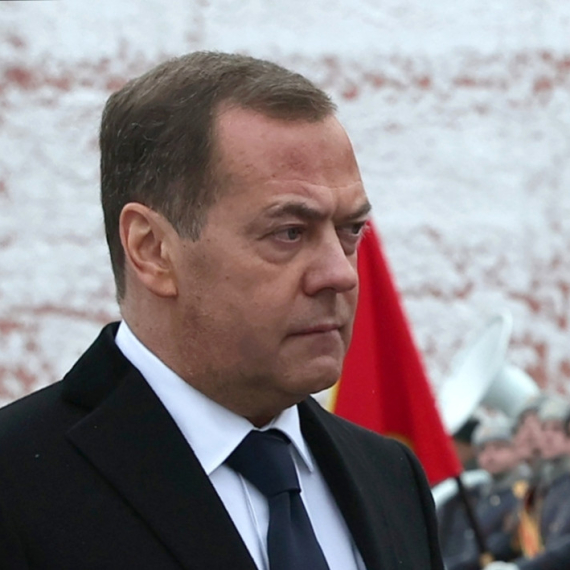
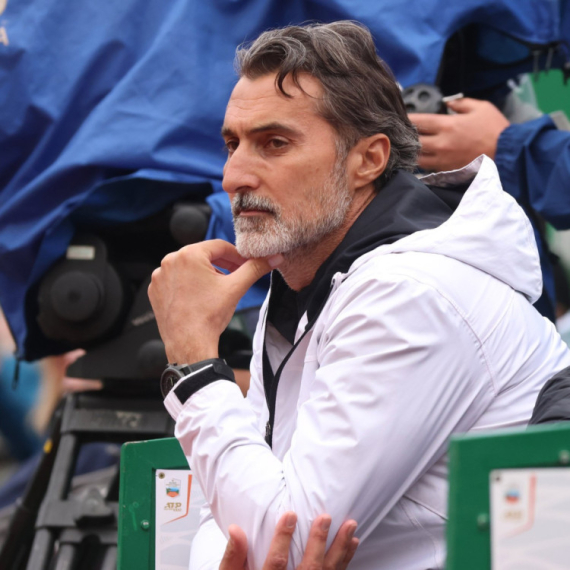
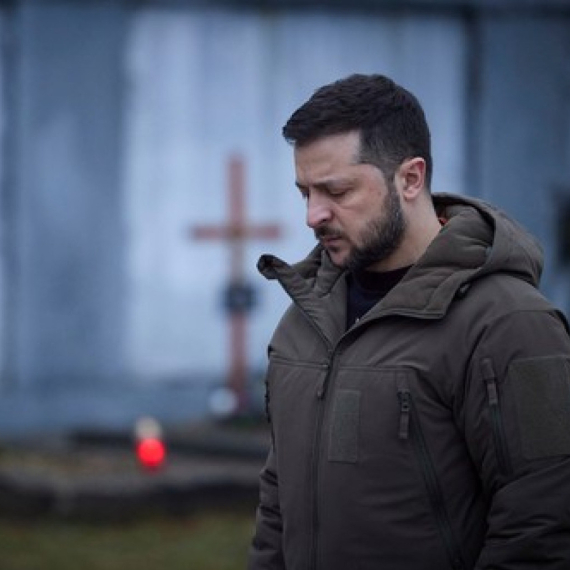




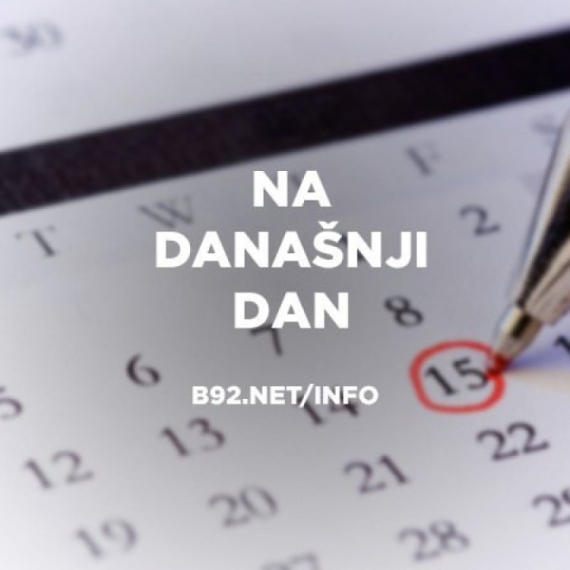


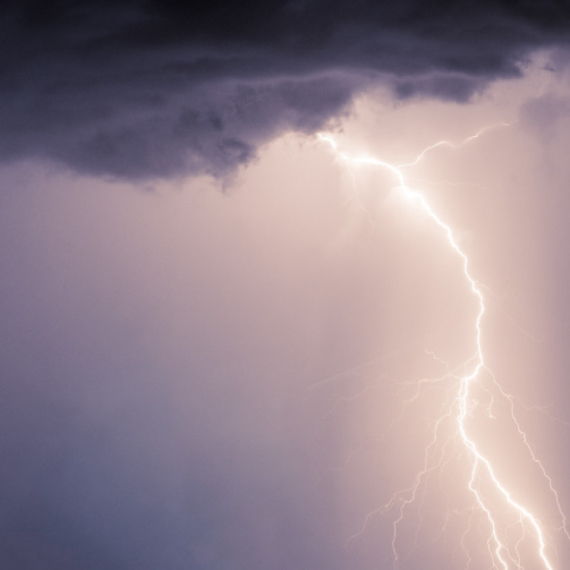
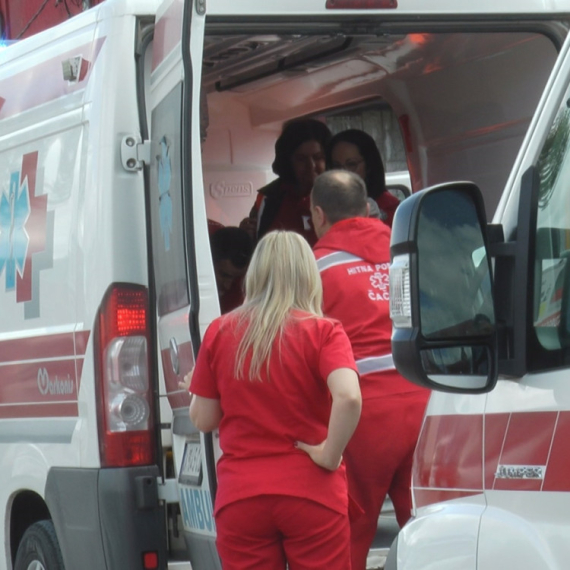


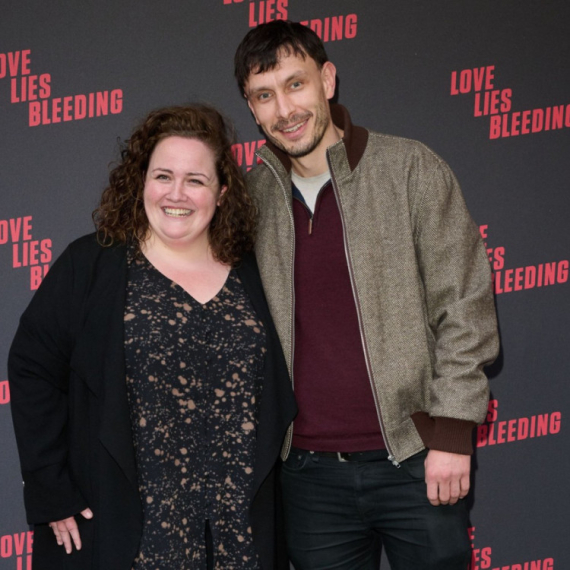







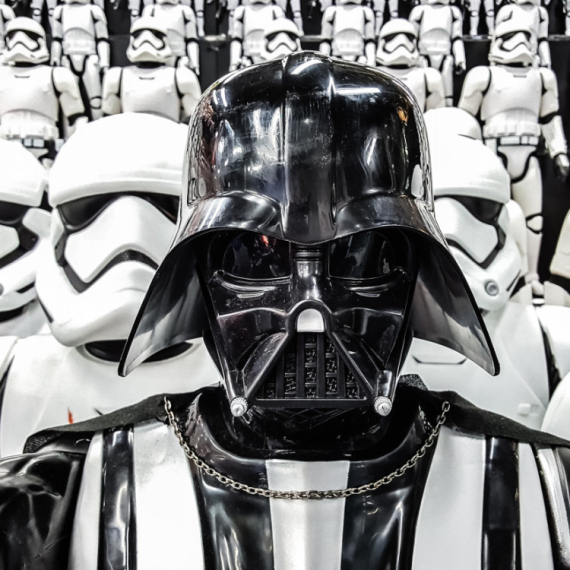









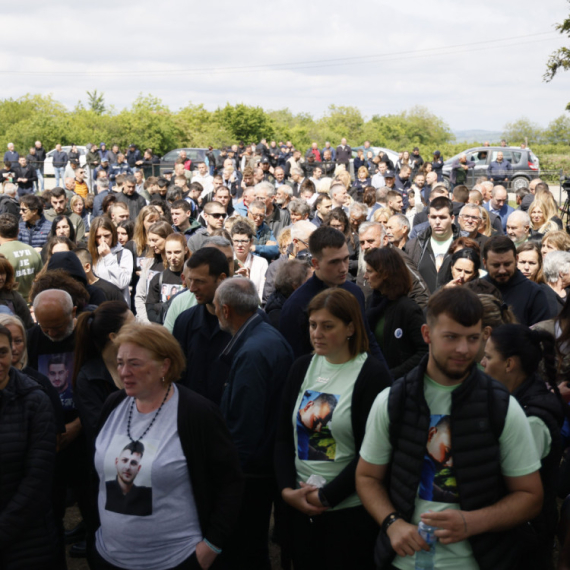
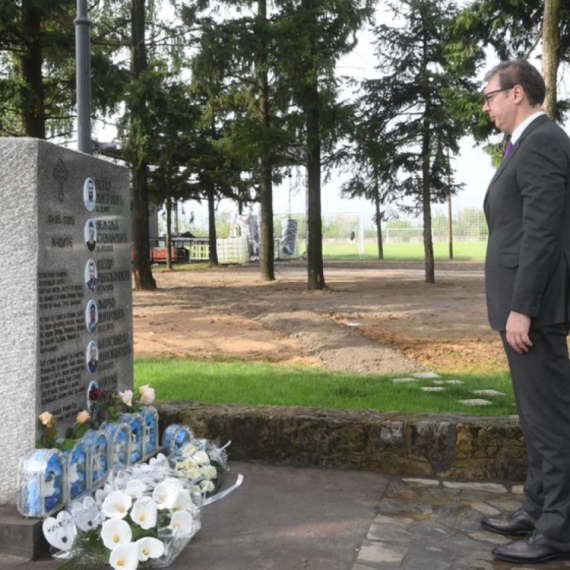
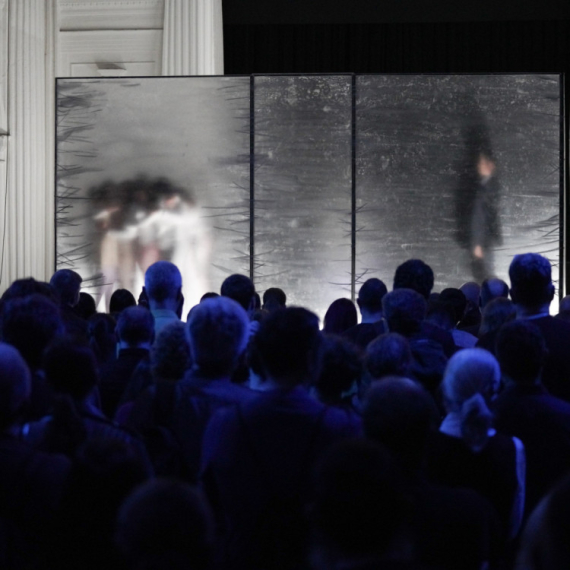
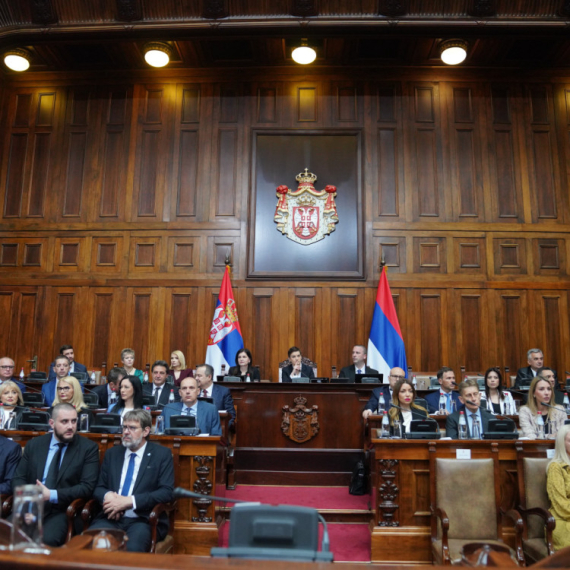

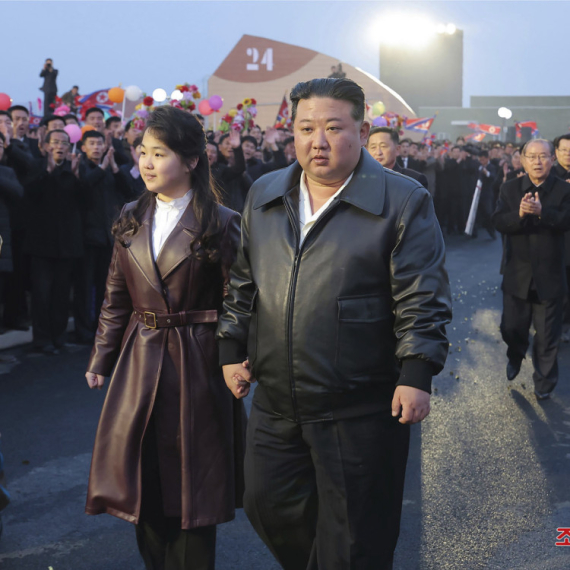

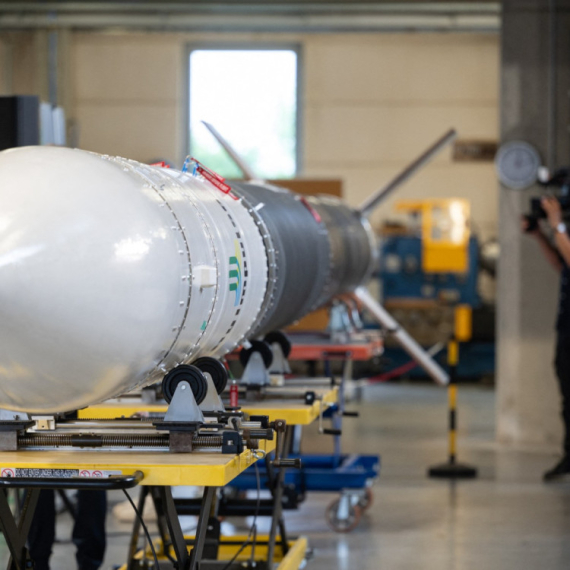
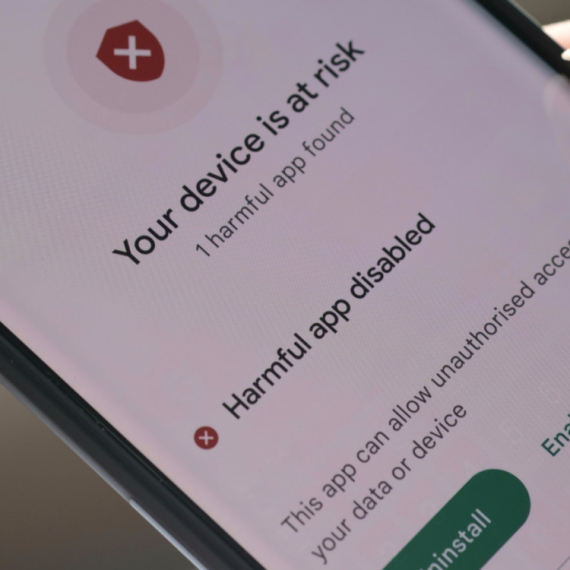






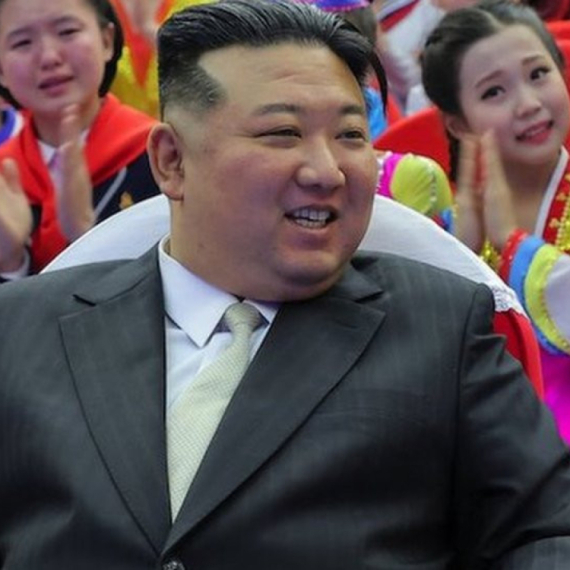

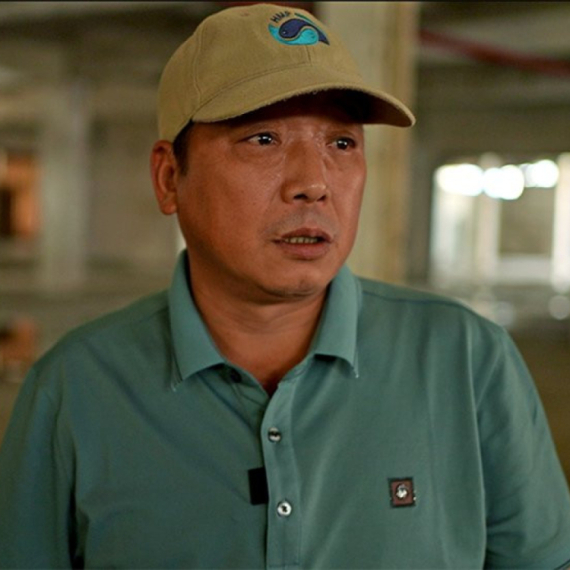
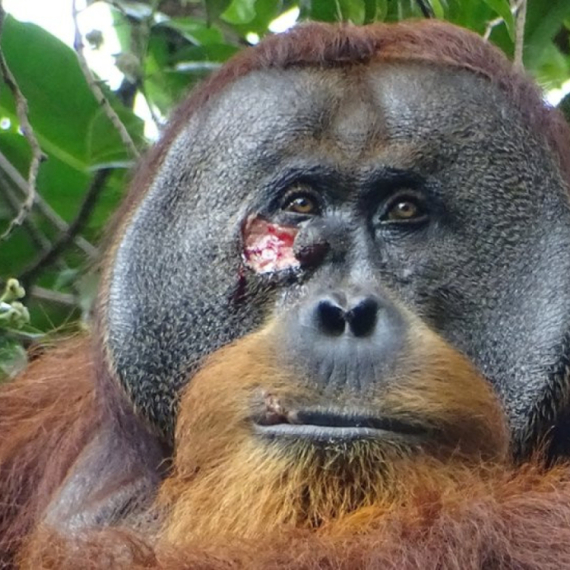
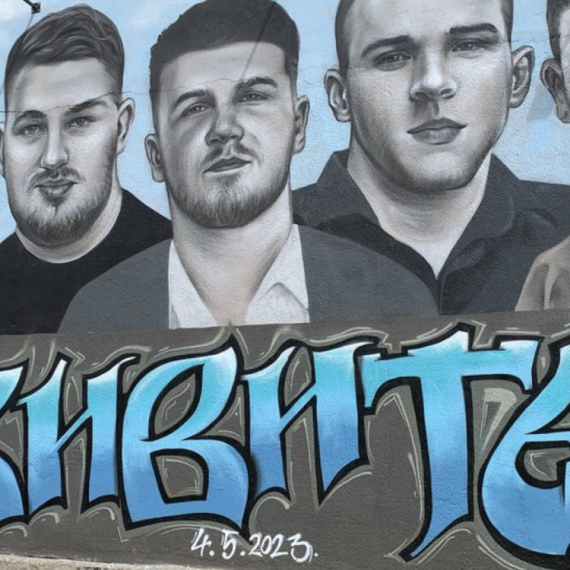

Komentari 0